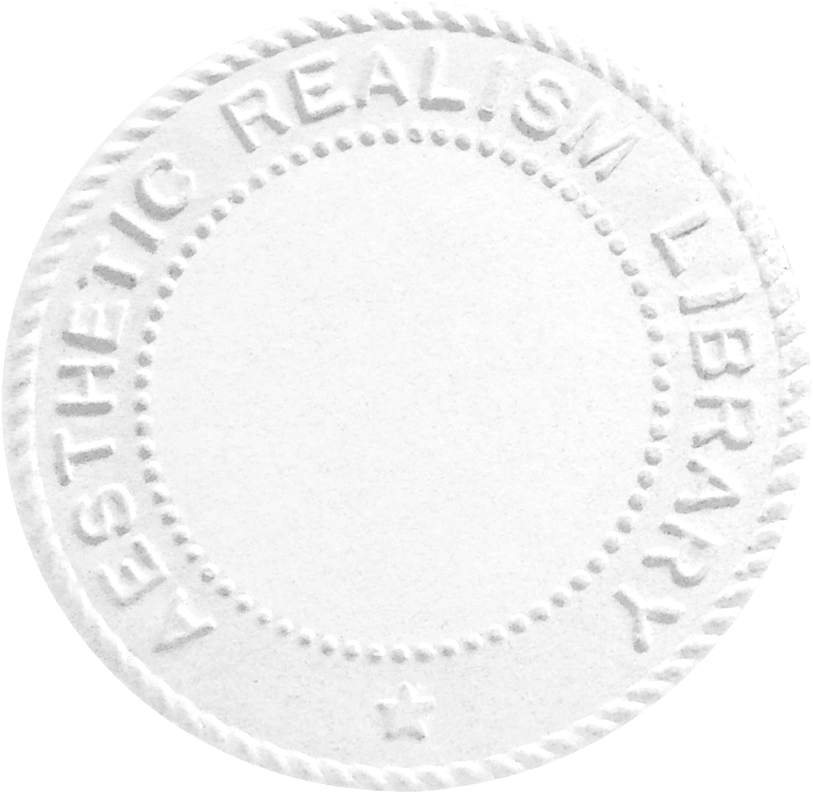From The Critical Muse: Imperative Aesthetic Realism Illustrations
© 1974 by Aesthetic Realism Foundation
Who Shall Deliver Me?
God strengthen me to bear myself;
That heaviest weight of all to bear,
Inalienable weight of care.
All others are outside myself;
I lock my door and bar them out,
The turmoil, tedium, gad-about.
I lock my door upon myself,
And bar them out; but who shall wall
Self from myself, most loathed of all?
If I could once lay down myself,
And start self-purged upon the race
That all must run! Death runs apace.
If I could set aside myself,
And start with lightened heart upon
The road by all men overgone!
God harden me against myself,
This coward with pathetic voice
Who craves for ease, and rest, and joys:
Myself, arch-traitor to myself;
My hollowest friend, my deadliest foe,
My clog whatever road I go.
Yet One there is can curb myself,
Can roll the strangling load from me,
Break off the yoke and set me free.
—Christina Rossetti
The Poetical Works of Christina Georgina Rossetti
(London: Macmillan & Co., Inc., 1904) p. 238.



Comment by Eli Siegel on “Who Shall Deliver Me?”
Written for “Poetry: The Criticism of Self,” a Terrain Gallery Presentation, August, 1965.
Christina Rossetti’s “Who Shall Deliver Me?” can be said to be about the insanity which is in everyone. There is a motion away from the world in every person; and this motion is, most often, too successful, so that the person is immured in the walls of oneself as world. This, according to Aesthetic Realism, is a miserable way of becoming important, self-sufficient; but it is attractive mighty often, too often. Much of Carson McCullers’ work in prose can be justly characterized as a comment on the Rossetti lines. Hemingway’s “Soldier’s Home” from In Our Time is a Midwestern annotation of “Who Shall Deliver Me?” Faulkner, likewise, often shows how the problem of the poem is elsewhere than in the England of 1864, when the poem was written. And right now, there are people working to get into a magnificent, murky jail under their skin. So Miss Rossetti’s poem is, quite plainly, desperately contemporary.